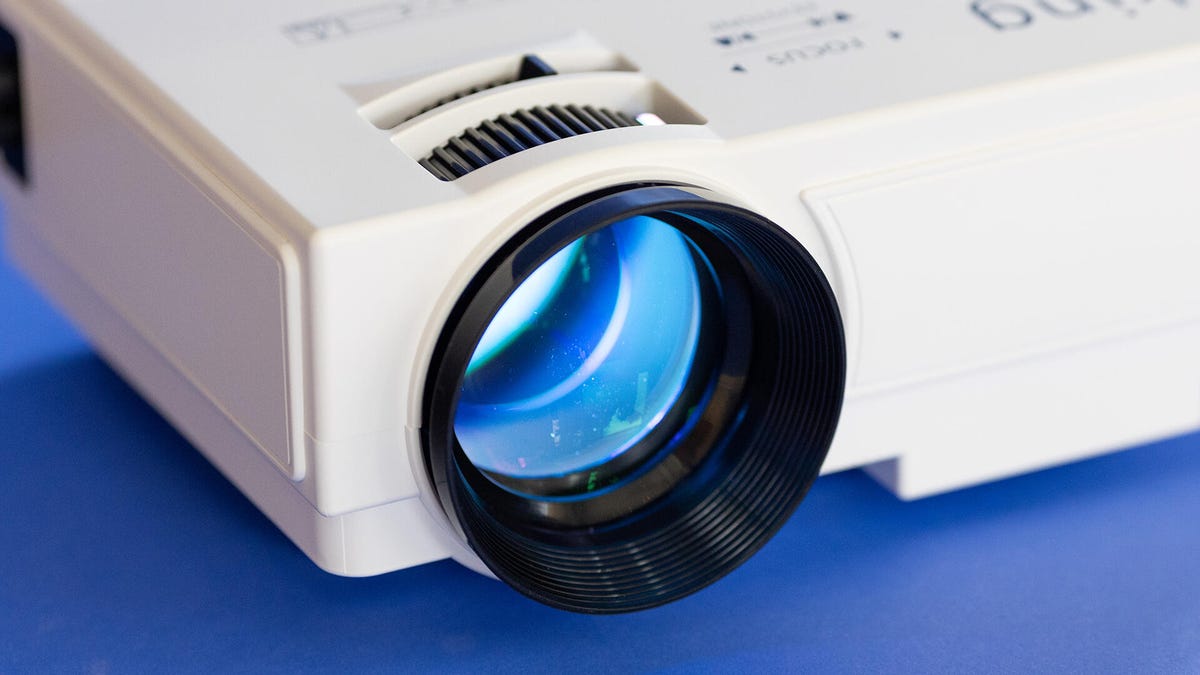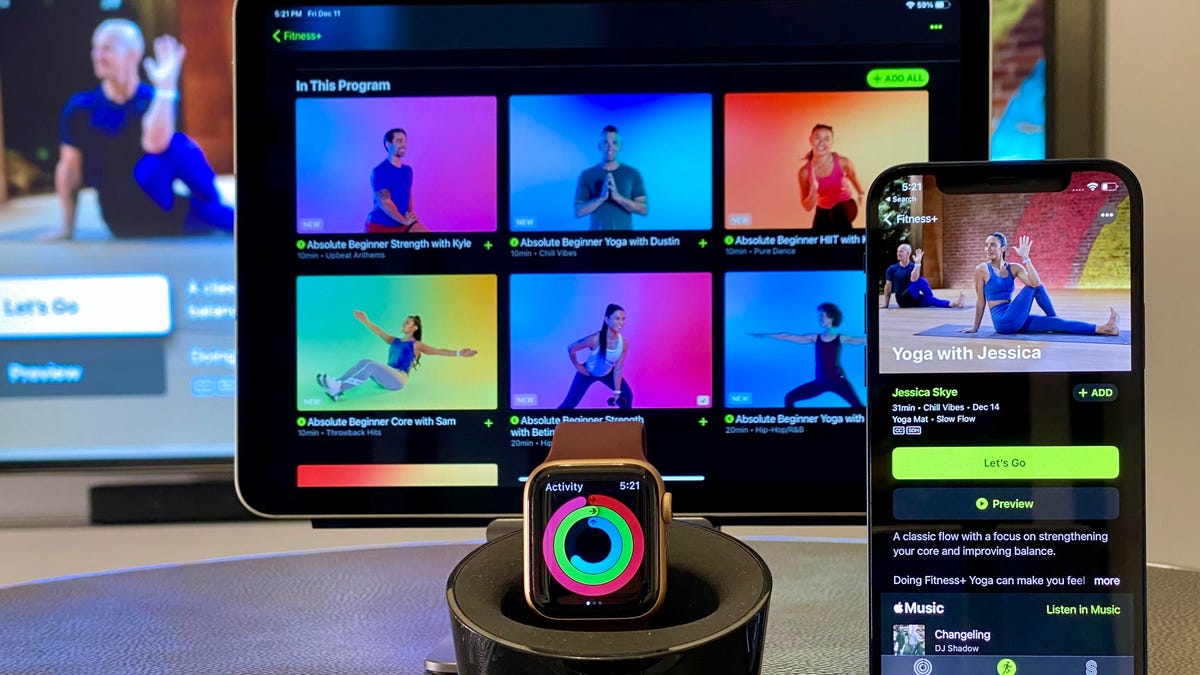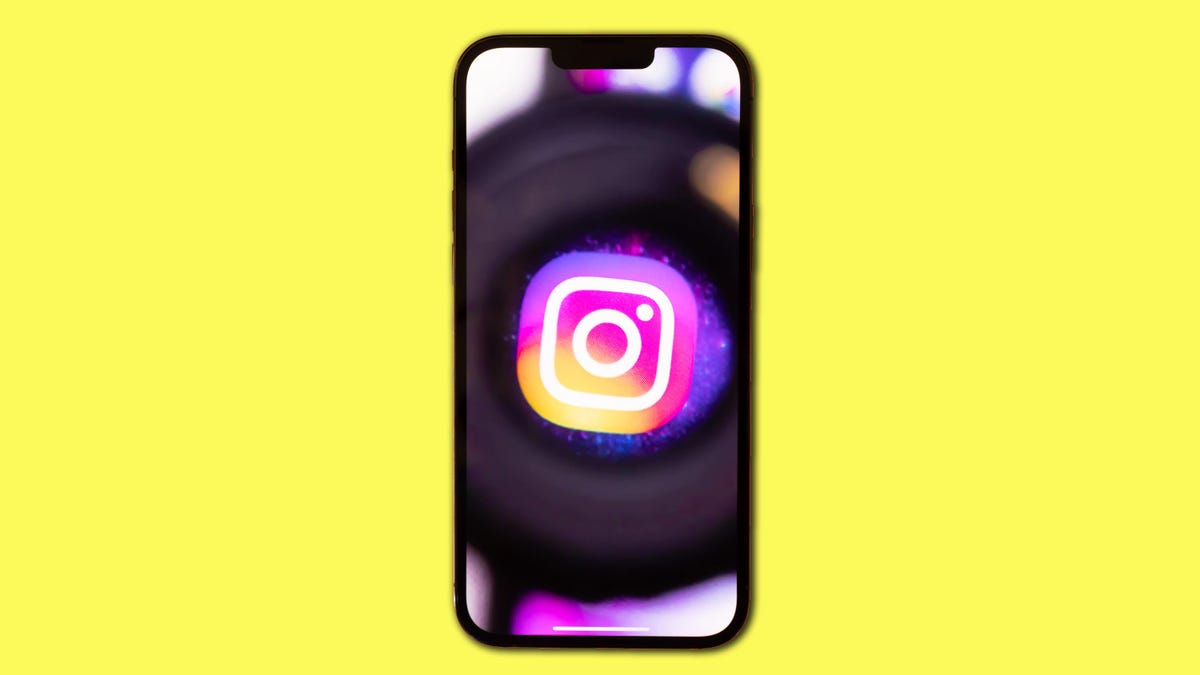AuKing M8-F Projector Review: It’s an Amazon Bestseller Status for Price, not Quality

Sometimes I get absolutely brilliant ideas. Like doing a 10,000 mile road trip in a Miata. Other times, they’re… “brilliant.” Like reviewing the bestselling projector on Amazon. Here’s that gem, the $65 AuKing M8-F. I’ll give the company the benefit of the doubt that the name is implying a chemical symbol for “gold king”, or something. As far as product names go, I don’t H8 it.
Like all ultrabudget projectors, the specs list reads like a fever dream of someone with extreme and chronic optimism: 9,500 lumens, 1080p resolution, 200-inch projected images, “50-100%” zoom range, 15 year “bulb” life. If those numbers are accurate, this projector would be a bargain at 20 times its price. Spoiler: They are not. But surely the 4.3 stars from 26,215 reviews can’t be a total fabrication?
5.0
AuKing M8-F
Like
Well, it’s cheap
Did I mention it’s cheap?
Not actually terrible
Don’t like
Surprising no one who regularly reads my projector reviews (surely that has to be some of you? Mom?), the AuKing fails to live up to any of its grand claims. Well, maybe the 15-year thing, since it’s lit by LEDs and not a “bulb.” So, how bad is it? Compared to real projectors, it’s pretty bad. Judged including its meager price? Eh, not terrible.
‘Superlative’ specs
The AuKing M8-F has no zoom or lens shift, but it does have an optical keystone adjustment.
- Native resolution: 1,280×720
- HDR-compatible: No
- 4K-compatible: No
- 3D-compatible: No
- Lumens spec: 9,500 (lol)
- Zoom: Yes (claimed)
- Lens shift: No
- LED life: 55,000 hours (claimed)
My biggest complaint about the AuKing — and all these ultra-budget projectors on Amazon — is their blatant lying about their specs. Look, all companies fudge their numbers a little, I get it, but 9,500 lumens? Are you kidding me? Even super-bright projectors that cost 10 to 20 times what the AuKing does still only claim around 3,000 lumens. 9,500 would burn your retinas. Good thing it’s completely false. I measured a total of 212. So… less.
AuKing claims a “50%-100% zoom” range. The actual amount is 0%. Unless, that is, you count physically picking up the projector and walking it farther from the screen. I guess that’s a “zoom,” technically. If you can’t sense my sarcasm, that’s because every single projector can do this.
Unlike most projectors, the AuKing M8-F doesn’t have any upwards throw. So to create a square image, it needs to be at the midpoint, vertically, of the screen.
Interestingly, it does have optical keystone correction, which is very rare. So instead of the potential digital artifacts and resolution reduction from digital keystone correction, you can get optical reduction in resolution due to the panel being out of focus from the plane of the lens. This keystone correction is important, though, because unlike most projectors, there’s no upwards throw. In order to project a square image the projector needs to be in the middle of the screen height-wise. Most projectors are designed to project a square image from slightly below or above the screen.
And then there’s the resolution. The model description says “Compatible with Full HD 1080P HDMI.” Anyone knowledgeable about such things will know that “compatible” is a weasel word to mean it can accept 1080p, not that it is 1080p. I would bet most people would miss that distinction. In the product specs it says the M8-F is actually 1,280×720, and that seems honest, at least. Side-by-side with a 480p projector and a 1080p projector, the M8-F’s pixels aren’t as chunky as the 480p’s, nor as tiny as the 1080p’s.
It claims 55,000 hours from the LEDs, which doesn’t seem far-fetched given how dim they are. It equates that to 15 years, and at 4 hours a night, that’s probably underselling it.
Surprisingly, lots of inputs
The AuKing M8-F has HDMI, analog RGB, headphone and line outs and more.
- HDMI inputs: 1
- USB port: USB-A (1)
- Audio outputs: Headphone output (1), line level (1), both 3.5mm
- PC: DE-15 “VGA” (1)
- Memory card: Micro SD
- Internet: None
- Remote: Not backlit
The trend in most projectors has been for fewer inputs, so I’m surprised to see so many on such an inexpensive product. HDMI, analog VGA for a PC, even a microSD card slot. I tried powering a Roku streaming stick via the AuKing’s USB output, and surprisingly it worked.
The back of the AuKing M8-F including its tiny speaker.
There are both headphone and line-level analog audio outputs on the AuKing. To be honest, I can think of a few projectors that would benefit with having both these options.
The remote is nondescript, looking basically identical to the one that comes with nearly every ultrabudget projector I’ve tested, but it’s fairly easy to navigate in the dark.
Picture quality comparisons
With a plethora of ultrabudget projectors to choose from, I figured the two most worthy competitors were the Hision HIUS-LP-M7 and Elephas JingHuier. The Hision is a jaw-dropping 20% more expensive, but also the least bad projector in this price range that I’ve reviewed so far. I described the image of the Elephas JingHuier as a “smeary, joyless mess of washed-out colors and sadness.” So it was definitely going to be a part of this comparison, and it’s $10 less than the AuKing. I connected all of them via a Monoprice distribution amplifier and watched them side-by-side-by-side on a 1.0-gain screen.
I welcome buttons like this. Remotes are too easy to lose.
Unexpectedly, shockingly perhaps, the AuKing is actually not that bad. Let me be clear, it’s not good, but I’ve definitely seen worse. Well, for one, the Elephas JingHuier is right there. The AuKing’s colors are… OK. The contrast is… OK. The brightness is… OK. If you size it to create a circa-60-inch image and watch it in the dark, it’s not the worst thing I’ve seen.
Let’s start with the light output. The 212 lumens I measured is actually more than the AAXA P7 Plus I recently reviewed, as well as several other more expensive projectors. It’s even slightly higher than the Hision. It’s not a lot, though. I wouldn’t try watching something 100 inches in diameter. That would be hard to watch even in a totally dark room. A more TV-size image would be fine. It would still be dark, but watchable. Brightness uniformity is abysmal, with the corners noticeably darker than the center. This is yet another casualty of the simplistic lens.
One benefit of such a simple optical array, though, is a better-than-expected contrast ratio. I measured an average of 269:1. That’s not a lot, but it is actually higher than the $1,100 Anker Nebula Mars 3 (258:1). It’s about half of the Hision’s (466:1) but more than double the Elephas (136:1). So it does look fairly flat, but it’s watchable.
The AuKing M8-F’s remote looks similar to the ones that come with other ultra-budget projectors.
The colors are an odd mix of accurate and inaccurate. Green, cyan, and yellow are all surprisingly close to accurate. Red, magenta, and blue are all very undersaturated, and blue is greenish. Even the most inaccurate colors are all close enough that it doesn’t look as “wrong” as the Hision. Caucasian skin tones, for example, are far more realistic on the AuKing. A more accurate color temperature helps too.
The Hision has a little more detail… in the exact center anyway. The edges are so blurry what’s even the point of 1080p with such bad lenses? Which is to say, 720p is fine for something like this. The Elephas has pixels the size of drink coasters, so more than 480p is definitely worthwhile.
Who wins this mini-face-off of ultrabudget projectors? Let’s start with immediately dismissing the Elephas. It still strongly in the running for one of the worst projectors I’ve ever seen. It’s comically dim, the contrast is terrible, and its colors are weird. This would make a great gift for someone that you hate.
Overlooking the Hision’s bug issue (a literal bug stuck somewhere in the light path), it does look good for its price. However, the AuKing looks better. The colors are far more realistic (again, the key word there is “more”), it’s a little brighter, the video processing is better, and the contrast ratio is decent for the price. Honestly, were I forced to choose which of these sub-$100 projectors I had to watch, I’d actually pick the AuKing.
Bestseller
As of this writing, the AuKing M8-F is Amazon’s bestselling projector.
Projectors are not, to put it succinctly, “mainstream.” They are, and forever will be, a niche. Don’t get me wrong: I’m firmly within that niche. I don’t even own a TV. I only use a projector. Despite the huge leaps in brightness in the last few years, as well as a variety of new designs, most people don’t have projectors. And unlike phones and TVs, which cost a lot more I’ll grant you, I bet most people won’t spend time researching the AuKing. Either they’ll think “a projector is a projector, why spend more?” Or they’ll believe something this cheap is “probably fine” given how they intend to use it.
What concerns me is not that people are buying $65 projectors. What’s concerning is why they’re buying this one. Sure, it’s a little better than the competition. I only figured that out only by measuring it with about $15,000 worth of video test gear. I’m pretty confident I’m the only person to have done this outside the company (or more accurately, whatever company actually made this).
To me, the success of the AuKing is a failure of a different kind. There is no way consumers made this product a bestseller because it was good. They would have no way of knowing. Amazon reviews can be meaningless, especially when there’s over 26,000 of them. Maybe it being “not bad” led to a few more positive reviews than it would have, but how much of a difference would that make? For proof of that point, the AuKing has a review average of 4.3. The profoundly terrible Elephas JingHuier has an average review of 3.8. And that’s assuming a meaningful percentage of any of those reviews is actually real.
My assumption about the AuKing’s sales success can best be summed up by William H. Macy’s character in David Mamet’s State & Main: “It’s not a lie. It’s a gift for fiction.” The, shall we say, exaggerations about the AuKing’s performance were enough to give it early success, and then it just snowballed from there. A case study, for sure, in successfully selling a commodity product on Amazon. The fact that it’s decent for the price, given this sea of similar products and marketing obfuscation, is an unexpected, but welcome, twist of fate. Was AuKing the first to do this? Nope, nor are they the only one to do so on Amazon. Caveat emptor, as the Romans said. But what did they know? They didn’t even have Prime next-day delivery.
Source: CNET














